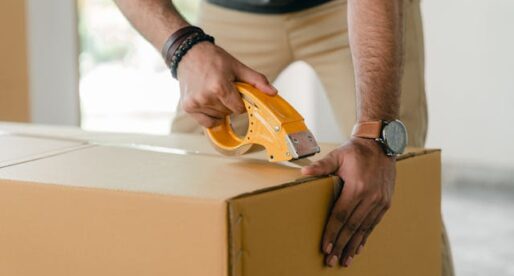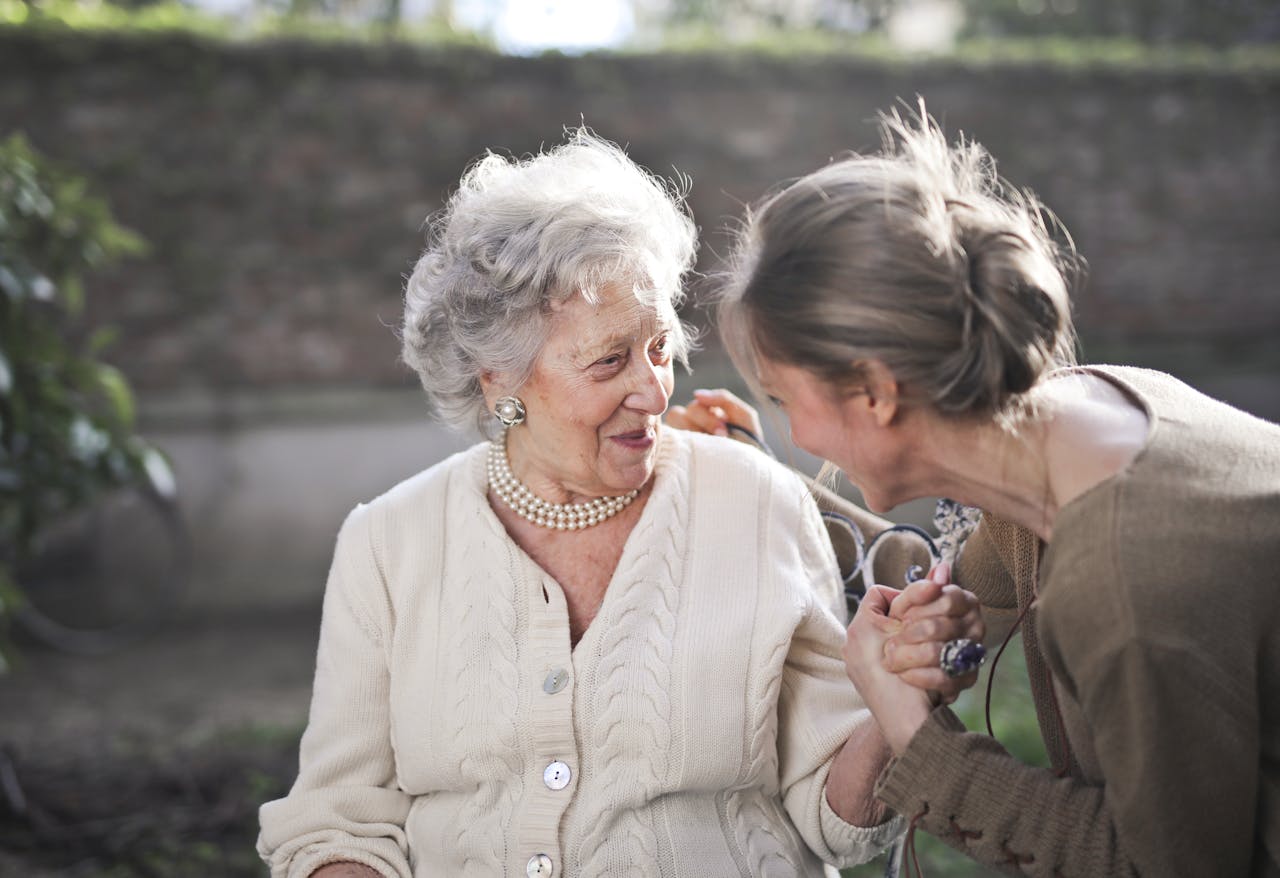Being far from your parents used to mean missing Sunday dinners or birthday hugs. Now, for many adults, it means living with a quiet fear: What happens if something goes wrong and you’re not there?
Whether you’ve moved across the country for a job, are raising your own family in another state, or you travel often, the space between you and your aging loved ones isn’t just physical—it’s emotional. That worry doesn’t clock out, especially if your parents live alone.
This is where medical alert systems come into the picture—not as gadgets, but as peace of mind you can carry with you. Many families now turn to tools like those offered on the Life Assure official site to feel connected and confident, even from miles away.
Photo by Tima Miroshnichenko from Pexels
Redefining the Meaning of “Home”
We tend to think of home as a place. But for those with aging loved ones, “home” becomes wherever they are—and whether they’re safe. It’s no longer about four walls and a front door. It’s about knowing that, even in your absence, help is nearby if they need it.
Medical alert devices offer a way to keep that sense of home strong. They don’t replace your presence—but they stand in for it when you can’t physically be there.
The Emotional Weight of Long-Distance Caregiving
Caring from afar is its own kind of challenge. Even when your parent says they’re “fine,” you’re often left wondering:
- Are they downplaying something?
- What if they fall and can’t reach the phone?
- What if they need help and no one’s nearby?
It’s the kind of stress that seeps into your everyday life—while you’re at work, in a meeting, boarding a flight, or even trying to relax. A medical alert device doesn’t erase that concern, but it lightens the load. It’s one less “what if” to carry.
What Today’s Medical Alert Devices Actually Do
Simple, Purposeful Features
Forget the old stereotypes. Modern medical alert devices are:
- Discreet and wearable (as pendants, bracelets, or even watches)
- GPS-enabled for use outside the home
- Equipped with automatic fall detection in many cases
- Backed by 24/7 emergency response teams
With the push of a button—or even automatically—your loved one can be connected to someone who can help, whether that’s emergency services or a trusted contact.
Why It’s Not About Control—It’s About Confidence
One of the biggest concerns from older adults is the fear of losing independence. They don’t want to be micromanaged, and they definitely don’t want to feel like someone’s tracking their every move.
But medical alert devices aren’t surveillance tools. They’re safety nets. They allow older adults to keep their independence, not lose it.
When framed the right way, these devices become empowering. They give both you and your loved one more breathing room. Less worry means more meaningful conversations—and more trust.
A Real-World Safety Net
Imagine this:
Your dad, who lives alone, slips while getting out of the shower. His phone is in the other room. But he’s wearing a waterproof alert pendant. One press later, he’s connected to a trained responder. Help is on the way. You get a call. You know he’s safe.
That’s not a hypothetical. It’s exactly how these systems are designed to work.
And in a situation where every second counts, that direct line can make all the difference.
Choosing the Right Medical Alert System
What to Consider
Every family is different, so it helps to think through a few questions before choosing:
- Do they spend time outside the home?
Look for GPS-enabled, mobile systems. - Are they likely to wear it consistently?
Go for comfortable, lightweight, and stylish options. - Do they have a history of falls or mobility issues?
Prioritize systems with automatic fall detection. - Is a landline required?
Some systems work over cellular networks, which can be more flexible. - Do they need extra features?
Some offer medication reminders, wellness calls, or caregiver apps.
Turning Guilt Into a Game Plan
That guilt you feel? It’s not a bad thing. It’s just your instincts kicking in. But guilt without action only adds stress. A medical alert device is a small, practical step toward feeling better about the distance—and making sure your loved one feels supported.
You can’t be in two places at once. But you can put a smart system in place that speaks for you when you’re not there to answer.
Photo by Helena Lopes from Pexels
The Heart of It All
Love doesn’t require you to be physically close. It shows up in preparation. In the tools you put in place. In the conversations you’re willing to have about safety, even if they’re uncomfortable at first.
When you give someone the ability to get help when they need it, without taking away their sense of independence, that’s love in action.
You’re not just checking a box. You’re making “home” feel safe—whether you’re across town, across the country, or halfway around the world.
Frequently Asked Questions
Do medical alert systems only make sense for older adults with health issues?
Not necessarily. Many healthy seniors use them as a “just in case” precaution—especially those living alone or wanting to stay active without worrying loved ones.
What if my parent doesn’t want to wear one?
Start by involving them in the decision-making process. Show them modern options that don’t look medical or bulky. When they see it as a tool for freedom, not control, they’re more likely to accept it.
How is this better than a cell phone?
Phones are helpful but aren’t always on hand—or reachable in an emergency. Medical alert systems are designed for simplicity: no unlocking, no dialing, just one button.
What happens if they press the button by accident?
False alarms are common and expected. The operators check in, and if there’s no emergency, the call ends with reassurance. No harm done.
Will this work if I live overseas?
Yes. Many systems allow you to be listed as a caregiver contact, even if you’re abroad. Some devices also offer caregiver portals or apps that let you stay in the loop.











Leave a Reply